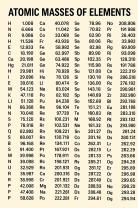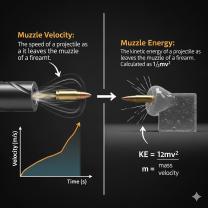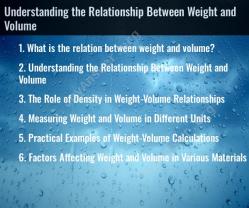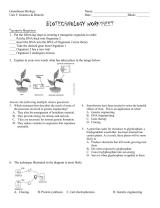What is the unit for specific weight?
The unit for specific weight is typically force per unit volume. In the International System of Units (SI), the unit for specific weight is the newton per cubic meter (N/m³). This unit measures the force exerted by a substance (usually due to gravity) per unit volume of that substance.
Mathematically, specific weight (γ) is calculated as:
Where:
- is the specific weight in newtons per cubic meter (N/m³).
- is the force acting on the substance, often expressed in newtons (N).
- is the volume of the substance in cubic meters (m³).
In some engineering and scientific contexts, you may also encounter other units for specific weight, such as pounds-force per cubic foot (lb/ft³) in the United States customary system. However, the SI unit of N/m³ is the internationally recognized and standard unit for specific weight in scientific and engineering calculations.
Specific Weight Measurement: Understanding the Unit and Significance
Specific weight is a measure of the weight per unit volume of a material. It is a fundamental property of materials, and it is used in a wide variety of engineering and scientific applications.
The SI unit for specific weight is the newton per cubic meter (N/m³). However, other units are also commonly used, such as the pound-force per cubic foot (lbf/ft³) and the kilonewton per cubic meter (kN/m³).
Navigating Specific Weight: The Role of Units in Material Analysis
When measuring and analyzing specific weight, it is important to be aware of the units being used. For example, if you are measuring the specific weight of water, and your result is 9.807 kN/m³, you know that the weight of one cubic meter of water is 9.807 kilonewtons.
If you are measuring the specific weight of steel, and your result is 7850 kg/m³, you know that the weight of one cubic meter of steel is 7850 kilograms.
It is also important to note that the specific weight of a material can vary depending on its temperature and pressure. For example, the specific weight of water decreases as its temperature increases.
Measuring Specific Weight: Insights into This Fundamental Property
There are a number of ways to measure specific weight. One common method is to use a pycnometer. A pycnometer is a device that measures the volume of a liquid or solid sample.
To measure the specific weight of a liquid using a pycnometer, you would first weigh the empty pycnometer. Then, you would fill the pycnometer with the liquid and weigh it again. The difference in weight is the mass of the liquid sample.
To measure the specific weight of a solid using a pycnometer, you would first weigh the solid sample. Then, you would submerge the solid sample in a liquid and weigh it again. The difference in weight is the mass of the liquid displaced by the solid sample.
Once you know the mass and volume of the sample, you can calculate the specific weight using the following equation:
Specific weight = mass / volume
Specific weight is a valuable property for understanding the behavior of materials. For example, specific weight is used to calculate the buoyancy force acting on an object submerged in a fluid. Specific weight is also used to calculate the weight of a structure, such as a bridge or building.
Overall, specific weight is a fundamental property of materials that is used in a wide variety of engineering and scientific applications. By understanding the unit and significance of specific weight, you can more effectively measure and analyze this important property.












